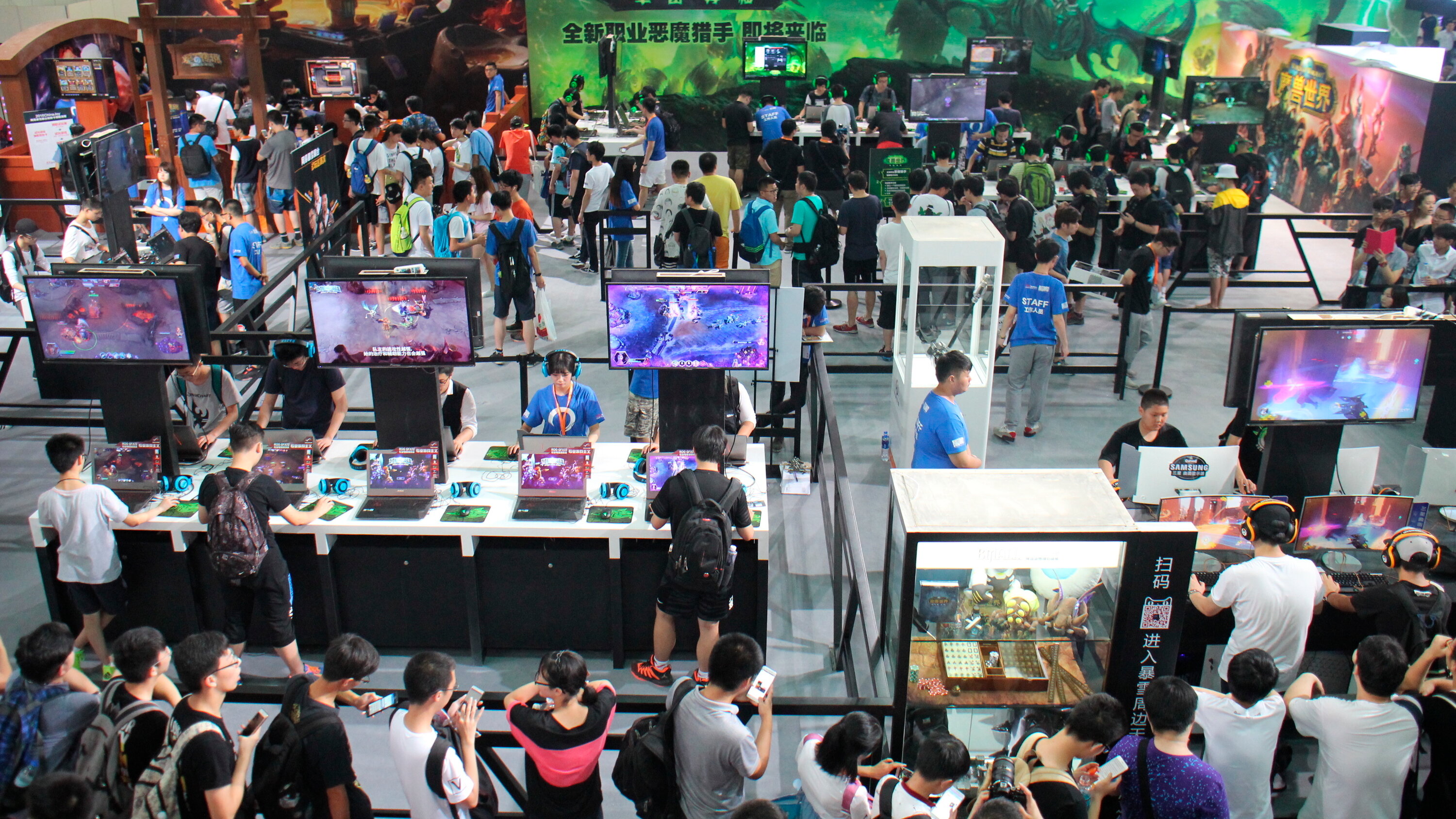Gaming sales in China are declining for the first time in two decades due to regulatory pressure and faltering economy

Sales of video games fell over 10% in China in 2022, the first decline in at least two decades, as the once-booming sector was burdened by economic crisis, regulatory pressure, and weak consumer demand.
According to a report released by the Gaming Publishing Committee of the China Audio-Video and Digital Publishing Association, the nation's semi-official gaming industry association, the largest video game market in the world saw total revenue of 269.5 billion yuan (US$40.1 billion) in 2022, a decrease of 10.3% from 2021. The number of players also decreased by 0.33 percent to 664 million.
Since statistics became accessible in 2003, game sales in China have not decreased once. The study made use of data gathered by the video games analytics company CNG. The group stated that the whole sector is under strain, attributing the fall to the Covid-19 limitations, which were not lifted until December.
The association divided industry issues into a number of components, such as constrained production and R&D activities, restricted labor market, low investor confidence, decreased consumer spending, and fierce international rivalry.
Sales of mobile games, which make up more than 70% of all sales, fell 14.4% to 193.1 billion yuan. That is a significant shift from 2014, when the number of mobile internet users in the nation increased dramatically and mobile game sales increased by almost 140%.
According to a different study released by CNG on the same day, sales in China's esports business dropped 14% to 144.5 billion yuan as the nation hosted fewer tournaments than in 2021 and more than 60% of events went online as a result of Covid-19 regulations.
The sector has also been affected by years of strict regulatory oversight, with China enacting some of the strictest video game regulations in the world to fight gaming addiction and clean up content. Only recently has the government thawed, with official media now broadcasting more uplifting stories.
In a late-year article, the People's Daily, the official mouthpiece of the Chinese Communist Party, referred to the video game sector as one of huge significance to the country's industrial layout and technical innovation. The semi-official video gaming organization also released a paper claiming that the game addiction problem among young people had essentially been handled.
China issued 512 game licenses in 2022, comprising 44 imported games and 468 homegrown games. That is still less than 40% of the amount in 2020 and just two thirds of the amount authorized in 2021, which covered 679 local games and 76 imported games.
The first half of the year showed early indications of a slow year for the gaming sector as both total sales and the number of players declined for the first time in at least 15 years. Tencent Holdings, the largest gaming firm in the world by sales, had a 4% fall in gaming revenue during the third quarter, while rival NetEase also reported slower growth, with gaming revenue increasing 9.1% compared to 15% in the same time of 2021.
In a recent media conference in Shanghai, Felix Liu, an analyst with UBS Securities, stated that although 2022 had been a difficult year for China's video game industry owing to a lack of fresh releases, low consumer confidence, and conservative management of top titles, things are improving. According to Liu, looking back, the three constraints limiting game consumption would all improve in 2023. He also predicted that the online video gaming market would expand by 6% in the following year.





















